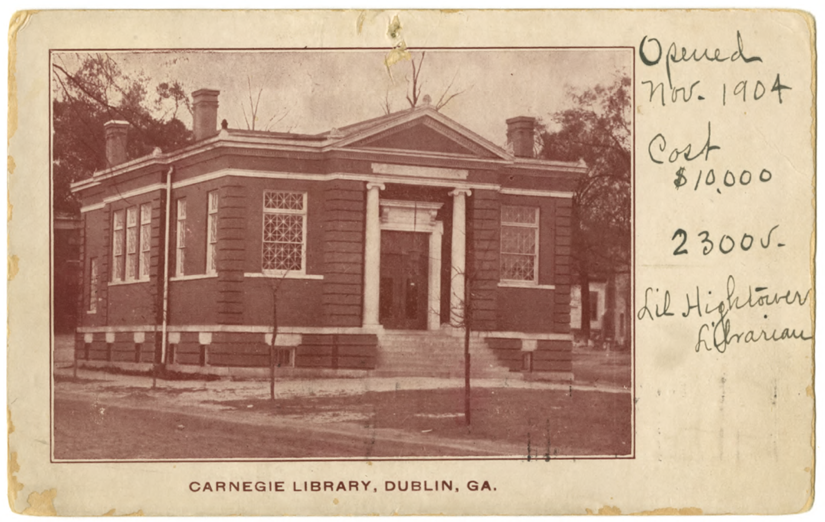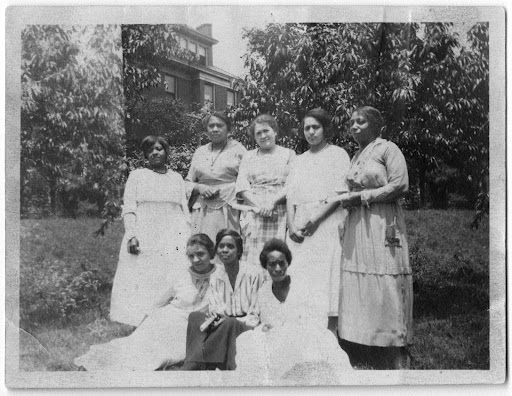Our Newest Georgia Exhibit “Thy Neighbor as Thyself” (March 2024)
The Digital Library of Georgia (DLG) and the New Georgia Encyclopedia (NGE) are pleased to present Georgia Exhibits’ newest exhibition, curated by Kailey Joy McAlpin, “‘Thy Neighbor As Thyself’: The Women Who Shaped Georgia’s Civic Landscape.”
Kailey Joy McAlpin, a Ph.D. student at Georgia State University, explores Georgia’s women reformers of the Progressive Era, some of whom include Mary Latimer McLendon, Mildred Lewis Rutherford, Carrie Steele, Helen Pendleton, Lugenia Burns Hope, Jessie Daniel Ames, Selena Sloan Butler, Martha Berry, and Julia Flisch.
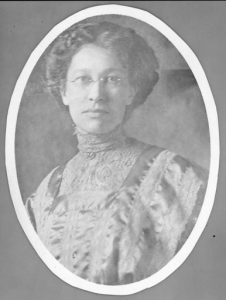
These women came from different class backgrounds and had different racial attitudes and practices. McAlpin uses the theme and motto “Thy Neighbor as Thyself” to center the work done by Black women during the Progressive Era, both with and without the support of their white Progressive counterparts.
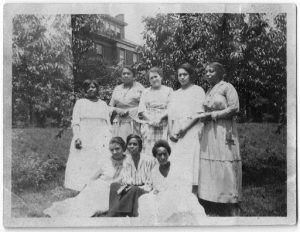
McAlpin’s work dedicates itself to bringing the differences between white and Black women reformers to light. She explains that access to materials, resources, and support was much more abundant to white women than their Black peers, not to mention the actual risk of life and limb posed to Black women, particularly with regard to suffrage. She states:
“While Black suffragists in the North could form organizations and advocate for voting rights, the hostile racial climate of the South and fear of violent retaliation from Southern whites kept many Black women from making public demands for suffrage. Despite the looming threat of assault and death, some Black women did publicly advocate for suffrage, and examples of Black suffrage organizations have been recovered in Tuskegee, Alabama, Charleston, South Carolina, and Memphis, Tennessee. While evidence of Black women’s suffrage in the Jim Crow South has often been hidden from the historical record, there was doubtless support for voting rights that took place behind closed doors in spaces removed from white surveillance.”
For better or worse, the engagement of these women and their respective organizations with their day’s pressing political issues and social concerns had a tremendous impact on voting access, child labor laws, rural education, public health legislation, racial inequality and injustice, and other social causes.
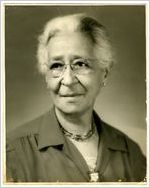
Each year, DLG and NGE staff and graduate student interns curate Georgia Exhibits exhibitions to shed new light on understudied corners of the state’s history and showcase the remarkable breadth and depth of authoritative resources and historical content in the DLG and NGE. We offer all of these resources freely online.
You can view the exhibition at https://georgia-exhibits.galileo.usg.edu/spotlight/women-reformers and the rest of our Georgia Exhibits at https://georgia-exhibits.galileo.usg.edu.
K-12 educators take note: This exhibit serves our Georgia K-12 social studies audience by aligning with the Georgia Social Studies Standards of Excellence (GSE) standard SSUSH13: Evaluate efforts to reform American society and politics in the Progressive Era.
#HistoricPreservation #ProgressiveEra #Equality #WomensReform #CivilRights

